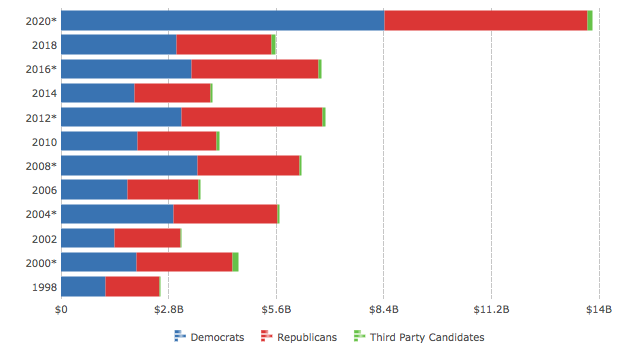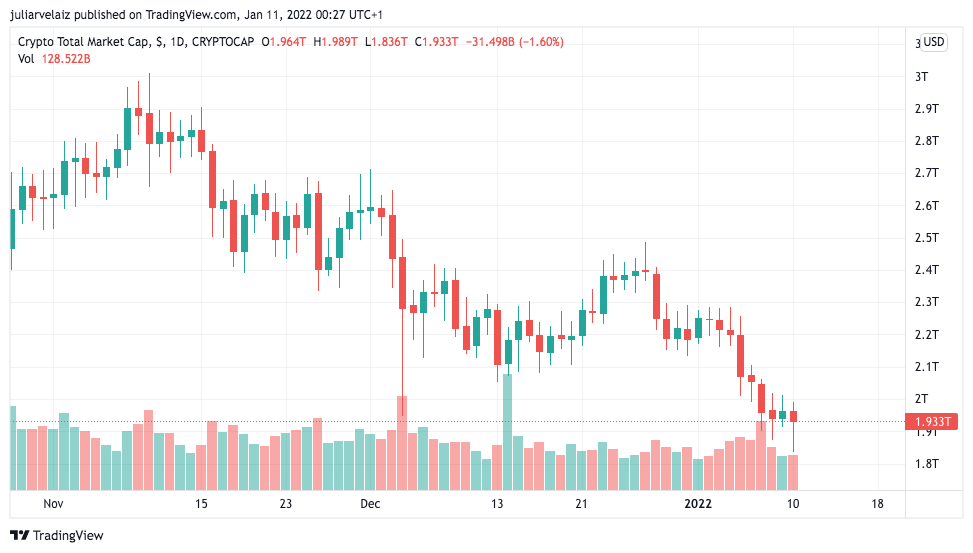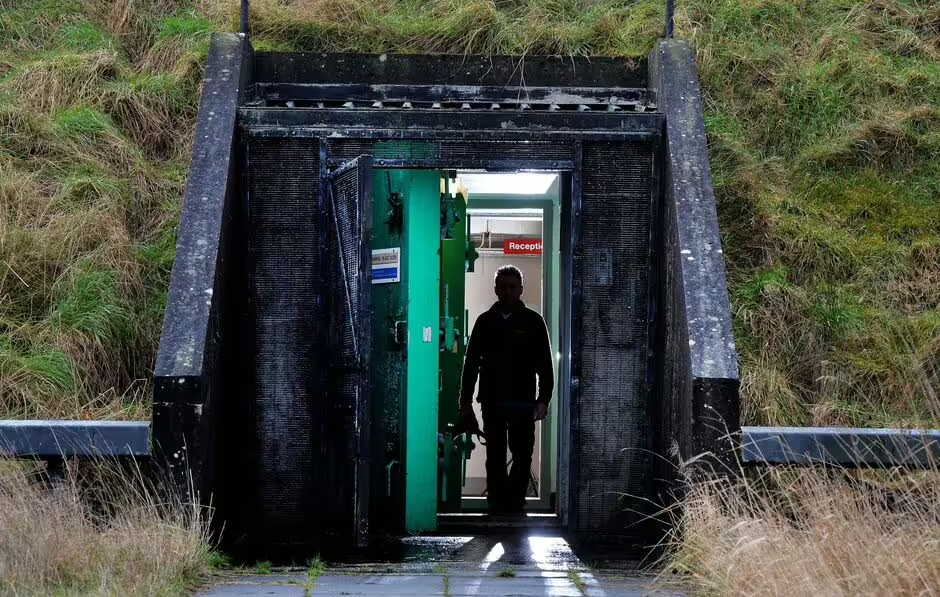
NFTs are finding their way into people’s hearts and wallets. They have turned into the perfect marketing and business strategy for many brands around multiple industries and many expect big profits from them.
As several politicians are watching over crypto either to hate it, support it, or build a platform out of its popularity, a few U.S. congress candidates are starting to use non-fungible tokens to raise funds for the midterm elections’ electoral campaign.
Election Funds
The ACE Electoral Knowledge Network explains that “election campaigns are becoming more and more expensive.”
When running for any elective post, politicians face the fact that they need a reasonable amount of money to “establish a campaign office, hire staff, do polling, get the campaign message out and for the candidate to travel and meet the voters.”
This can represent a problem to the younger politicians who haven’t been able to build a platform as big and the older ones since they cannot raise funds as easily and the election’s weight tends to fall into their opponent’s lap.
Shrina Kurani, a young engineer and entrepreneur who defines herself as “not a politician” and wants to “make things work better in Washington so we can develop a sustainable future”, is running for a House seat in California. She recently tweeted the following:
“We don’t talk enough about the fact that one of the reasons our elected reps tend to be older is that you need money to run. When you’ve had 60+ years to build a network, you have a larger rolodex to raise money frm. Without campaign finance reform, we’re up against big $$ every time”
Opensecrets.org reports that in 2020, the least expensive winning campaign for the Senate was worth $2,174,467 and $83,544 for House. The 2020 U.S. election was the most expensive in the country’s history.

Bloomberg reported that even though fundraising consultants state that crypto is “still a ways off from becoming a regular source for contributions,” a few congress candidates like Shrina Kurani are turning to NFTs as a tool to raise their campaign funds.
In 2021, NFTs sales volume reached $24.9 billion, and during the first 10 days of 2022, the NFTs trading on OpenSea has surpassed $1.36 billion.
The crypto-race from politicians might just be starting, but the NFT market promises more for them.
Related Reading | Why Ted Cruz Wants U.S. Congress Merchants To Accept Bitcoin
How Candidates Are Using NFTs
Shrina Kurani and Republican Blake Masters, who’s running for the Senate in Arizona, are using non-fungible tokens as “campaign merchandise”
Kurani’s fundraising site on the marketplace SolSea shows that she distributed around 21 NFTs to campaign donors after raising $6,610. The contributions could have a minimum of
“When I talked about wanting to launch an NFT for my campaign, I got blank stares. Most folks in the political world had no idea what I was talking about or only knew crypto as something criminals were involved with.”
On the other hand, Blake Masters raised around $575,000. He offered to 99 donors a signed hard copy of his bestselling book Zero to One, which has the entrepreneur and investor Peter Thiel as co-author, plus limited-edition NFTs based on the book’s cover art, access to a “token holders party”, and more.
The contributors had to donate $5,800 on or before December 31, 2021.
“Blake intends to win the U.S. Senate GOP primary election in August 2022. But if he does not win that primary election, you will receive a refund of 50% of your donation ($2,900), and you can still keep the book, the NFT, and will still have access to the Discord group and the token holders party.”
Related Reading | The SEC Will Not Ban Crypto, That Would Be Up To Congress, Says Gary Gensler



















